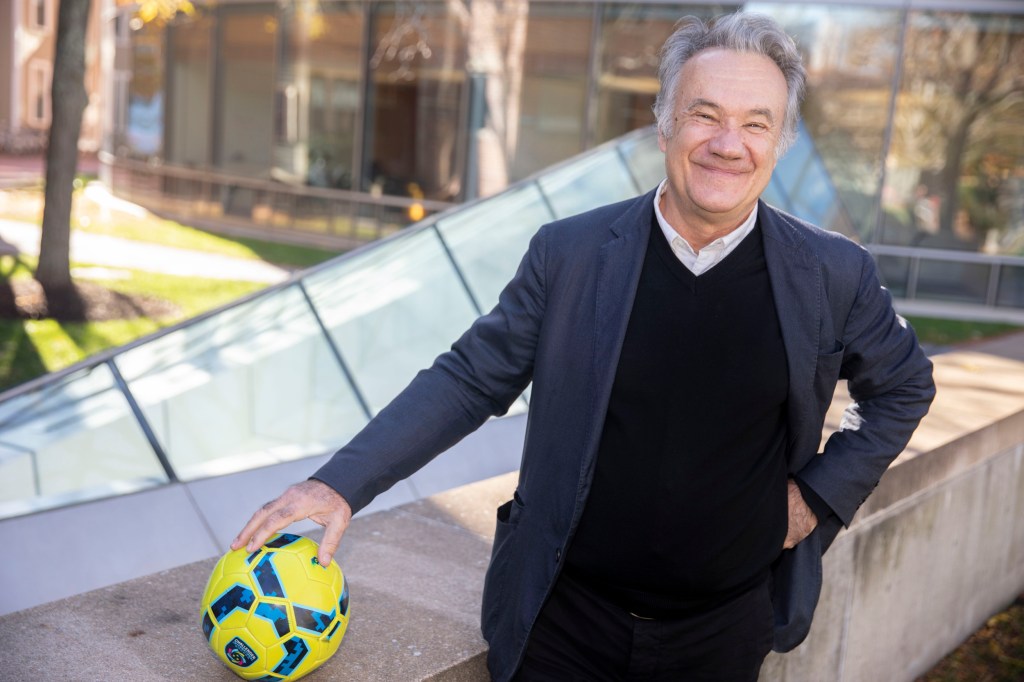Nation & World
-

U.S. needs to keep its friends closer, Pence says
First-term Trump VP: ‘If America isn’t leading the free world, the free world is not being led.’
-

‘Vibes or hunches’ don’t help win elections
Political analytics conference convenes experts on voter trends, election forecasting, behavioral research
-

U.S. just didn’t get China, Bolton says
Asian nation now main economic, military threat to Western democracies, according to former national security adviser
-
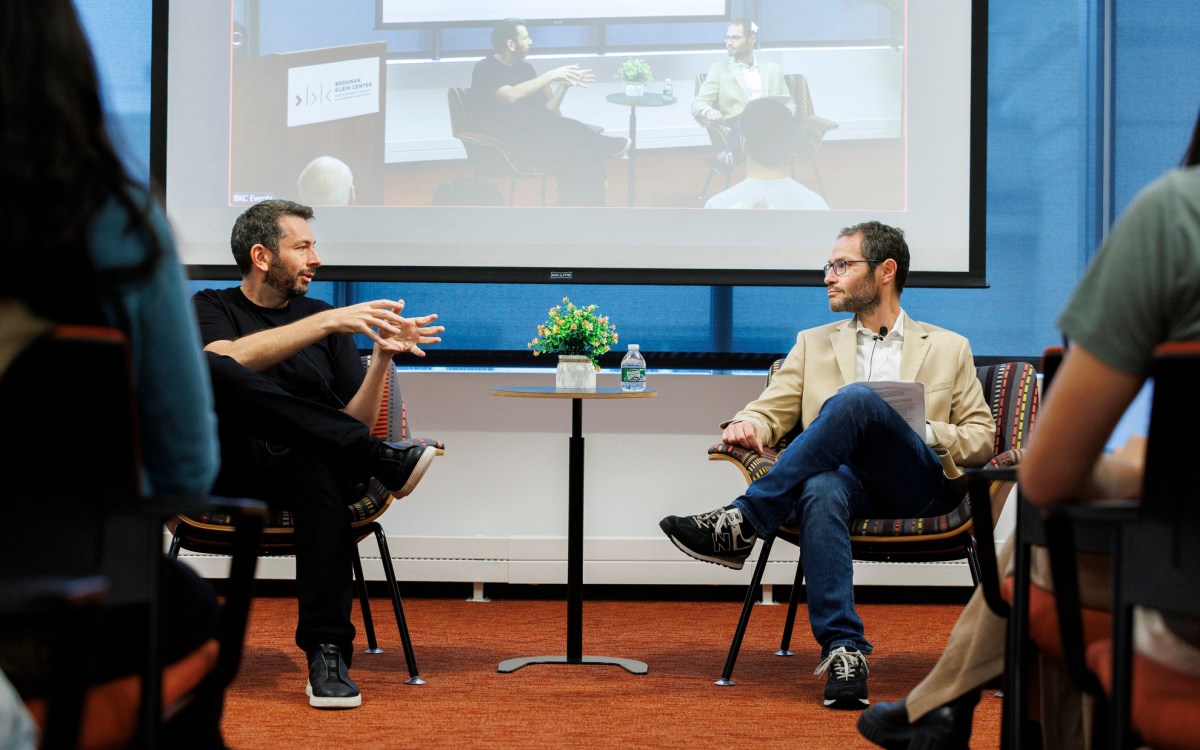
Artificial intelligence may not be artificial
Researcher traces evolution of computation power of human brains, parallels to AI, argues key to increasing complexity is cooperation
-
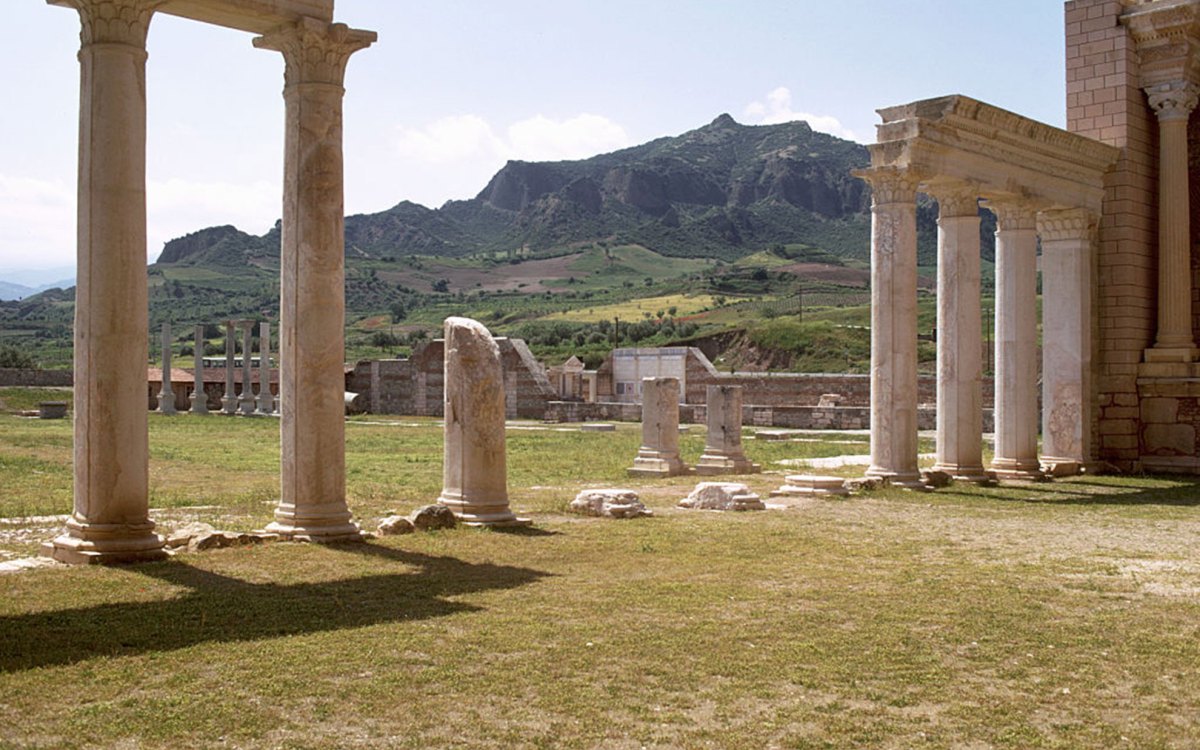
Sardis named a UNESCO World Heritage Site
Designation comes as Harvard’s decadeslong archaeological dig uncovers new secrets from remains of ancient Turkish city
-
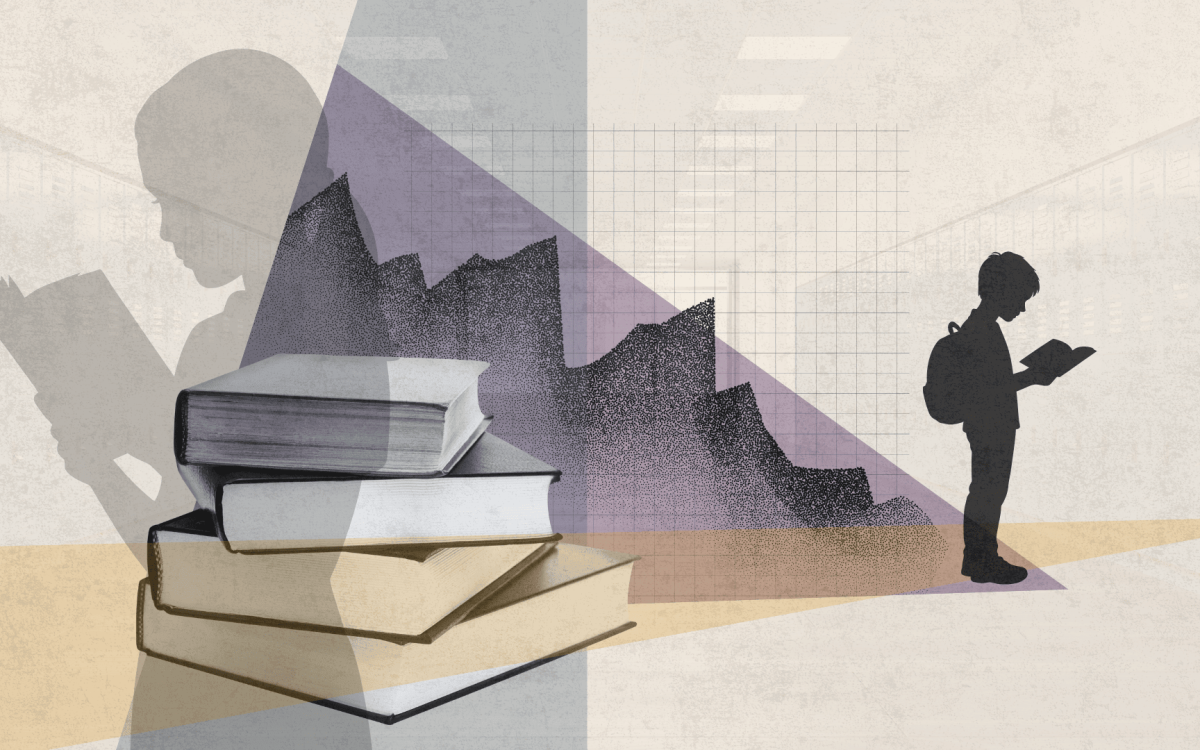
What’s driving decline in U.S. literacy rates?
In podcast, experts discuss why learning to love to read again may be key to reversing trend
-
Not-so-innocent bystanders
Géraldine Schwarz discusses her memoir, “Those Who Forget: My Family’s Story in Nazi Europe,” with Abadir Ibrahim and Cass Sunstein at Harvard Law School event.
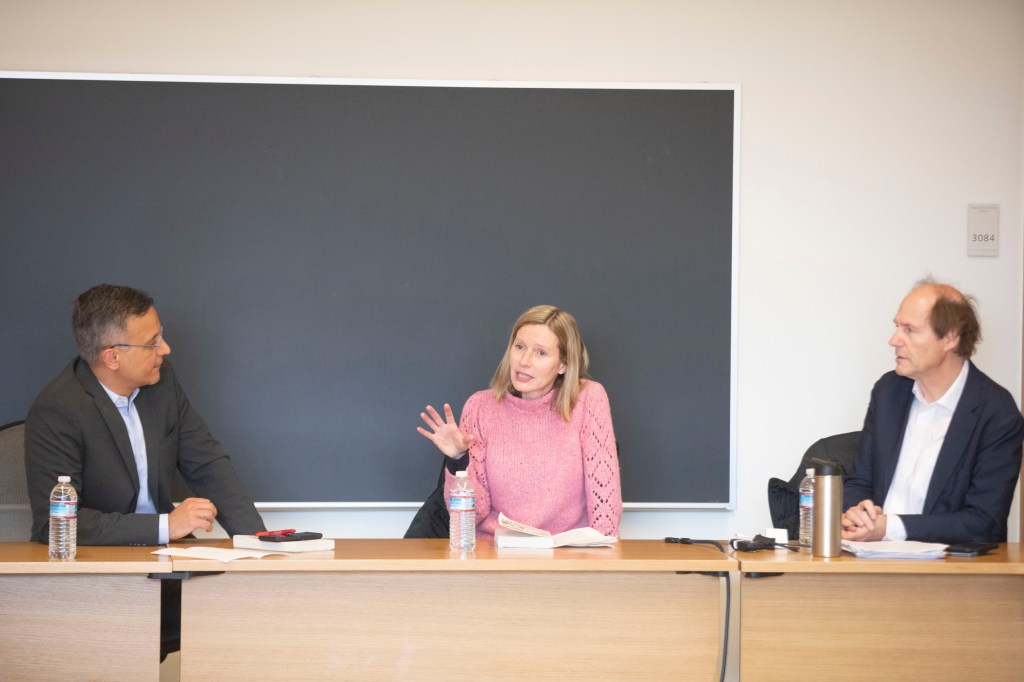
-
Russia seems vulnerable. Is Putin?
Russian historians, political and cultural analysts assess the strength of President Vladimir Putin’s regime since the war in Ukraine began, and lay out what could be in store in 2023.
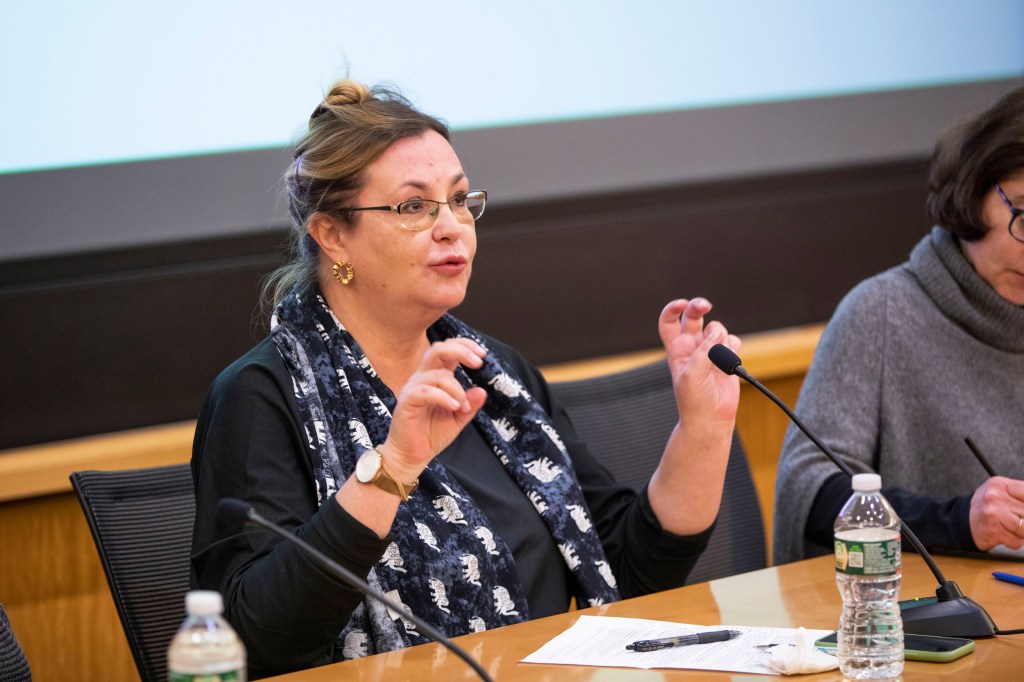
-
Dad’s clueless, Mom’s fried. Maybe there’s a better way.
Harvard grad who wrote “Fair Play” explains the perception gap between moms and dads highlighted by new Pew study.
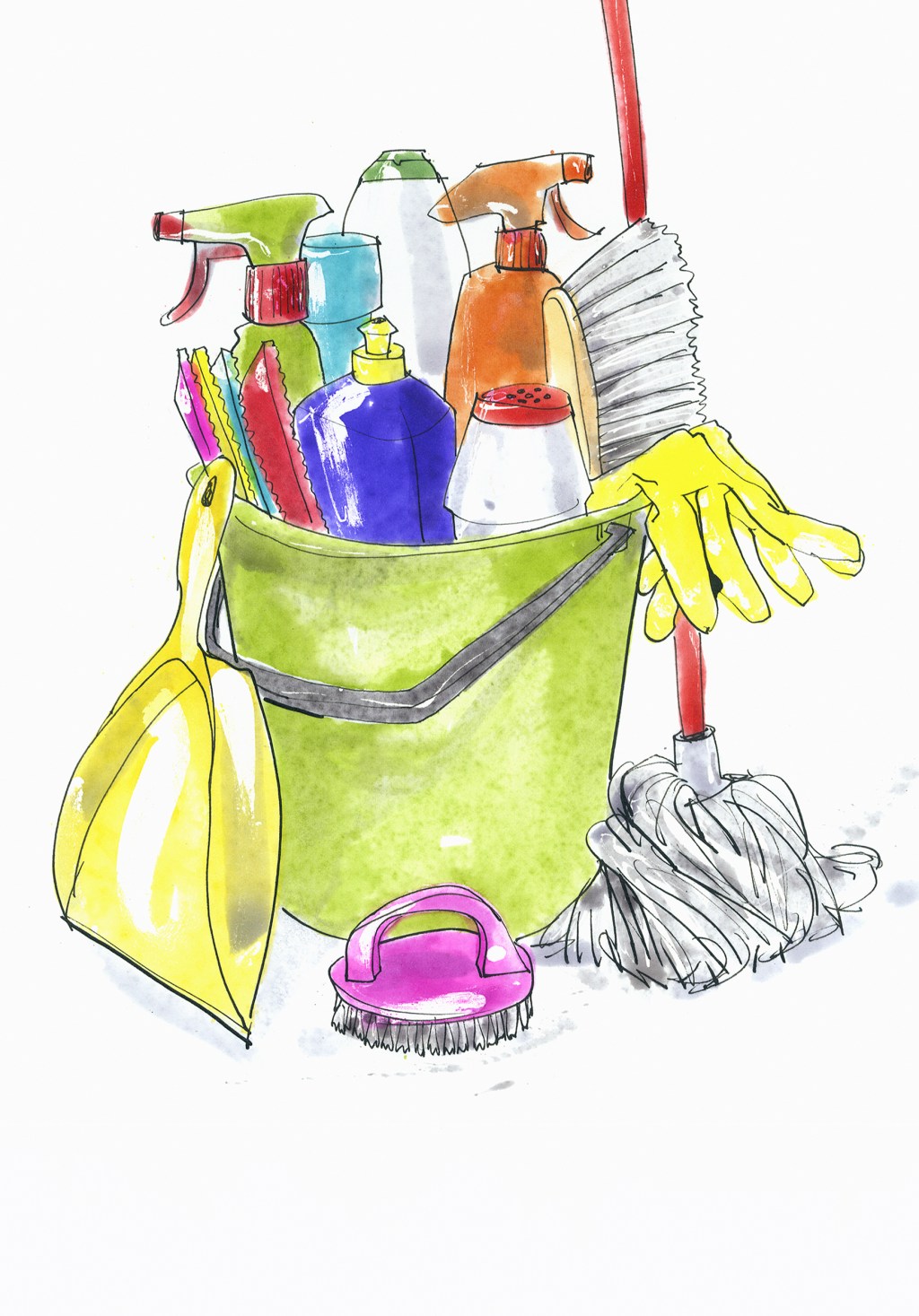
-
Why police resist reforms to militarization
Jessica Katzenstein, an Inequality in America fellow, has been analyzing police militarization in an effort to show how and why departments are resisting changes and the ways this resistance is not as straightforward as it’s often portrayed.
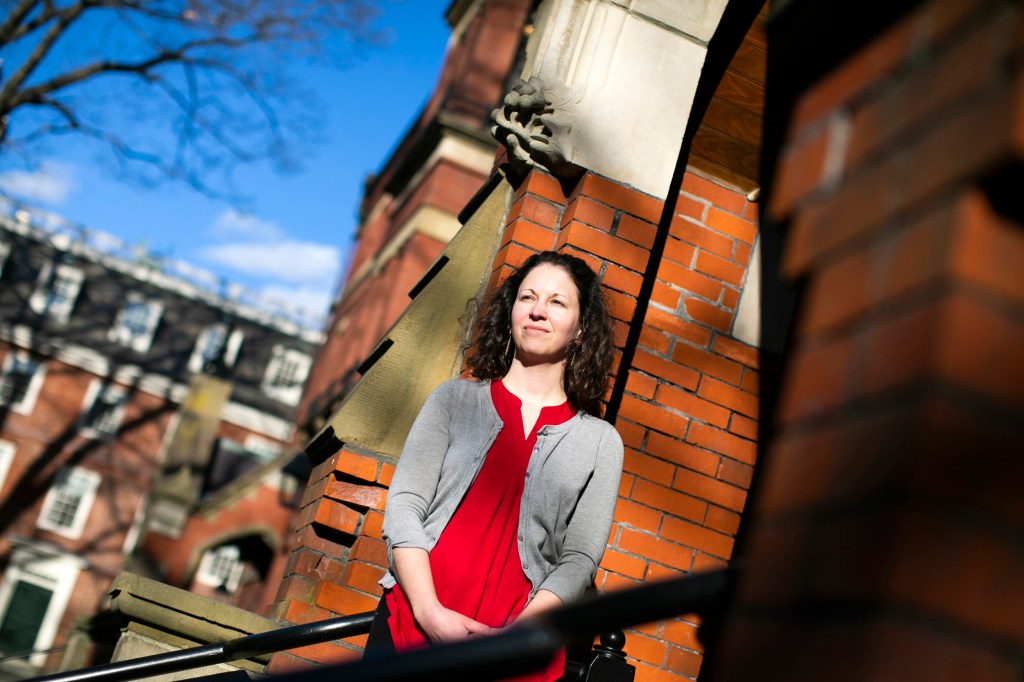
-
Historian says Fla. dispute shows why AP class in African American studies is needed
Harvard Kennedy School Professor Khalil Gibran Muhammad explains the importance of including the Advanced Placement course in African American studies in high school curriculum.
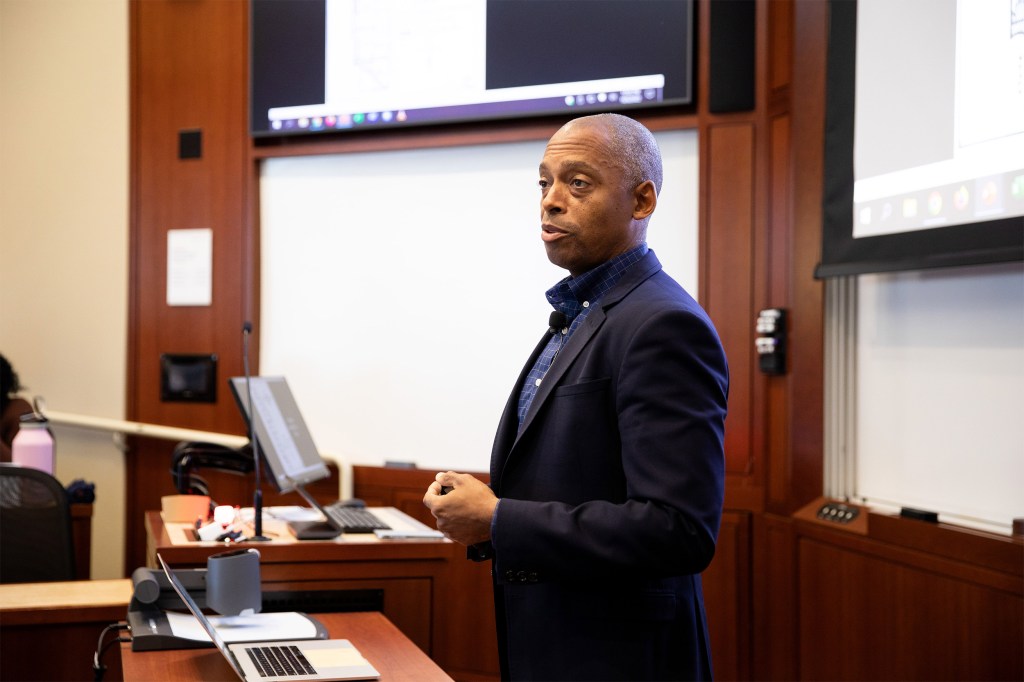
-
Why Church Committee alums urged new House panel to avoid partisanship
Fritz Schwarz, former chief counsel of the 1975-76 U.S. Senate panel known as the Church Committee, discusses what it was like to undertake the largest, most consequential investigation of U.S. intelligence in American history.
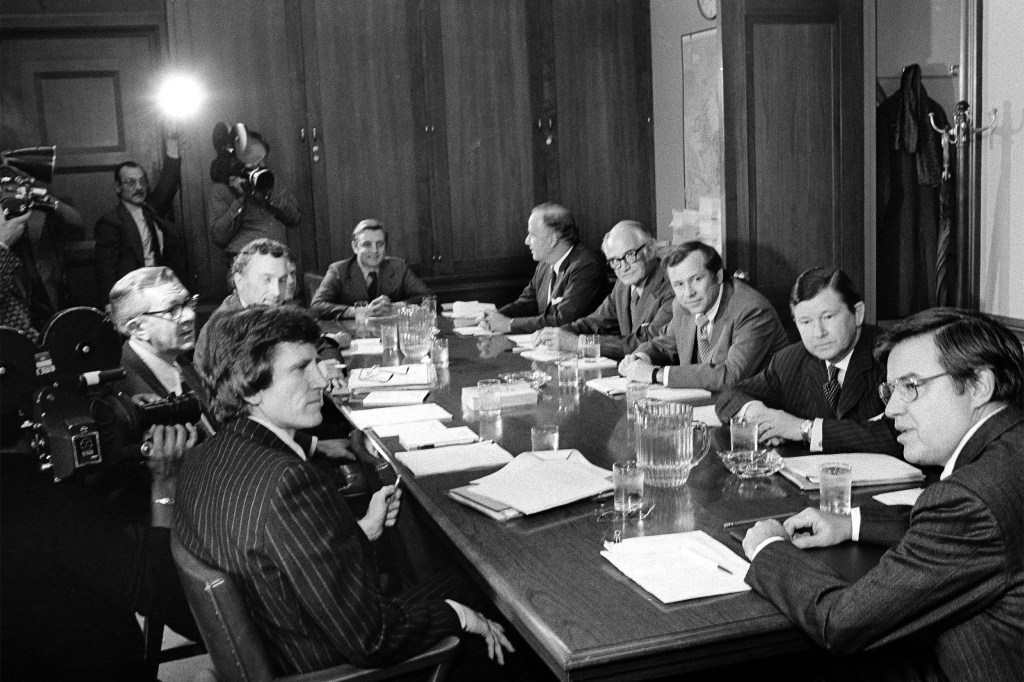
-
Ukraine sees victory ahead, shift to West
Dmytro Kuleba spoke about Ukraine’s push for support from Western powers, mistakes that set the stage for the Russian invasion, and prospects for a Ukrainian victory.
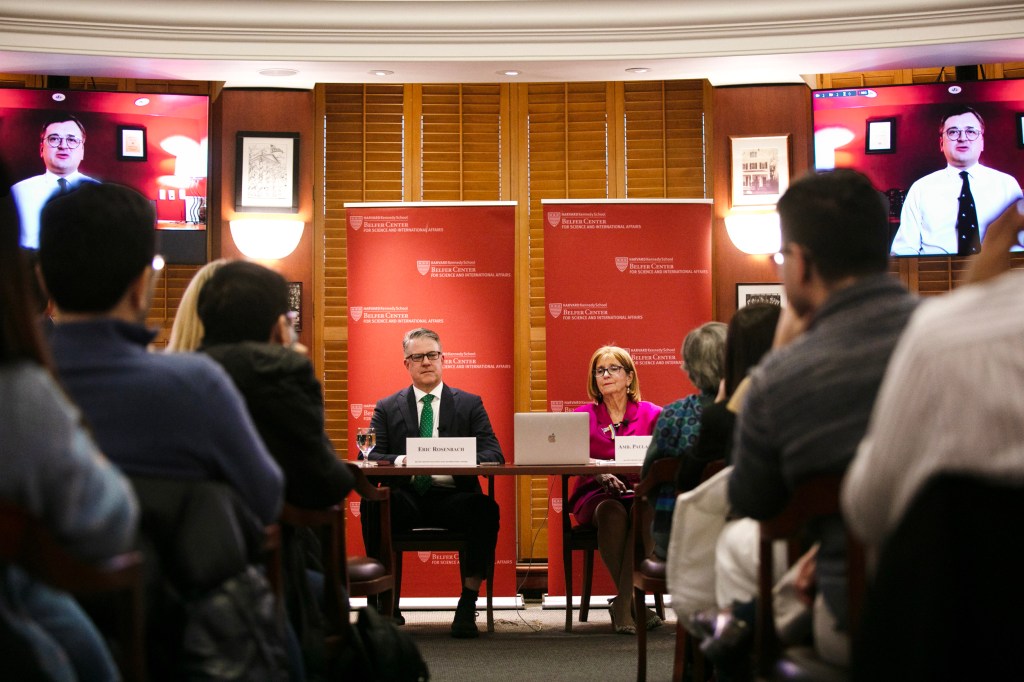
-
One year later: How does Ukraine war end?
Analysts look back at Russia’s invasion of Ukraine one year later.
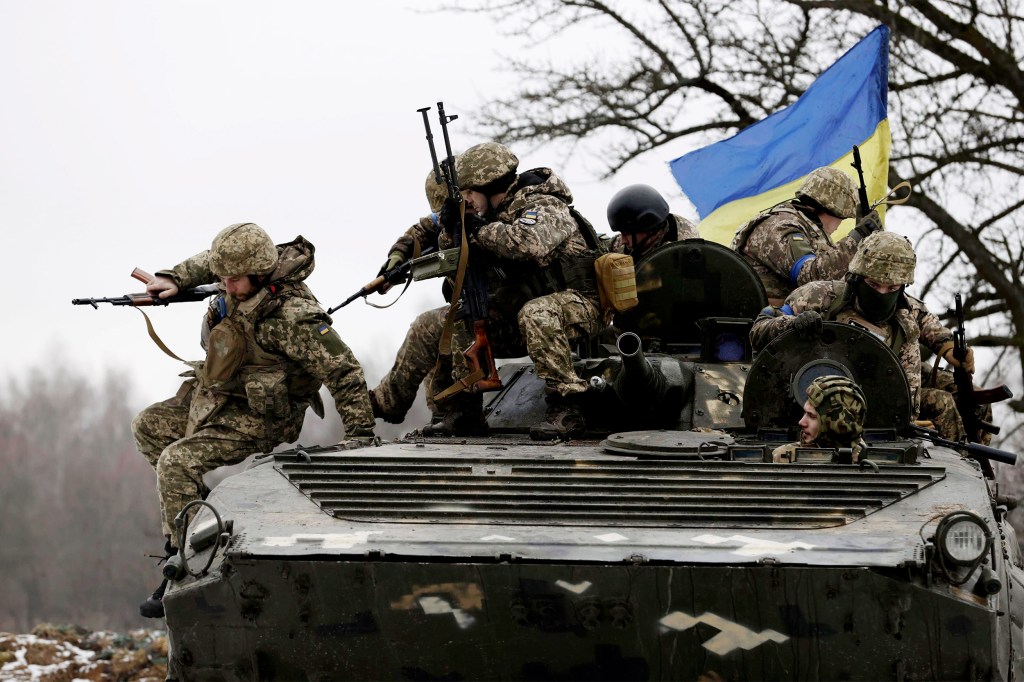
-
‘Renewed and enlightened’
A group of Harvard students share their experiences after making the Umrah pilgrimage to Mecca and Medina.
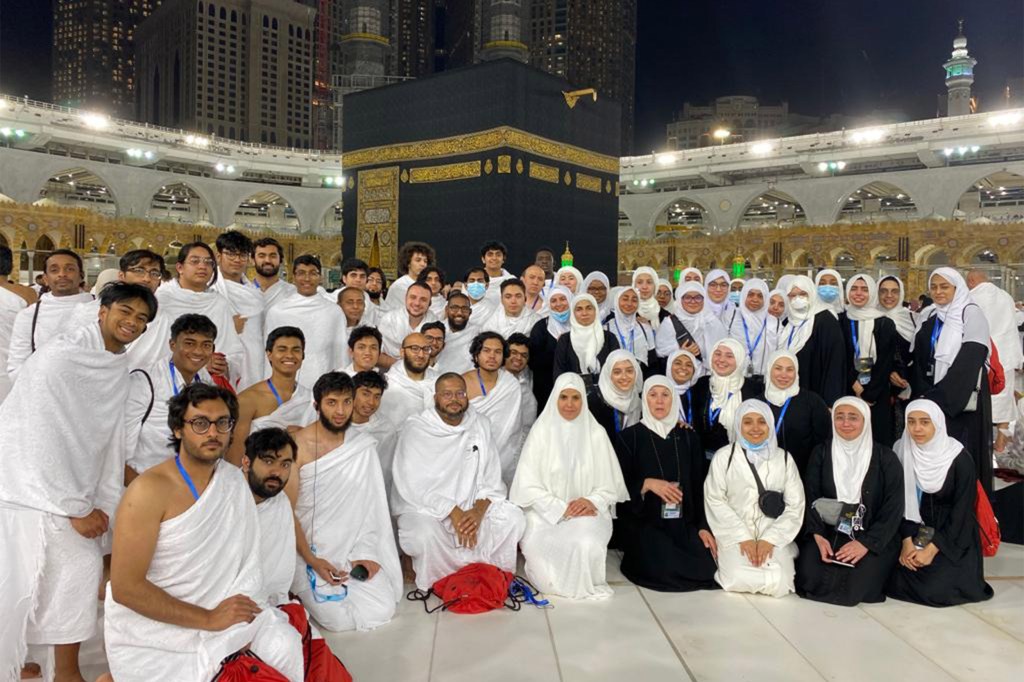
-
Darth Vader had some skills. Negotiation? Not so much
Noam Ebner and Jen Reynolds analyze scenes from the “Star Wars” saga for lessons on negotiation and conflict resolution.
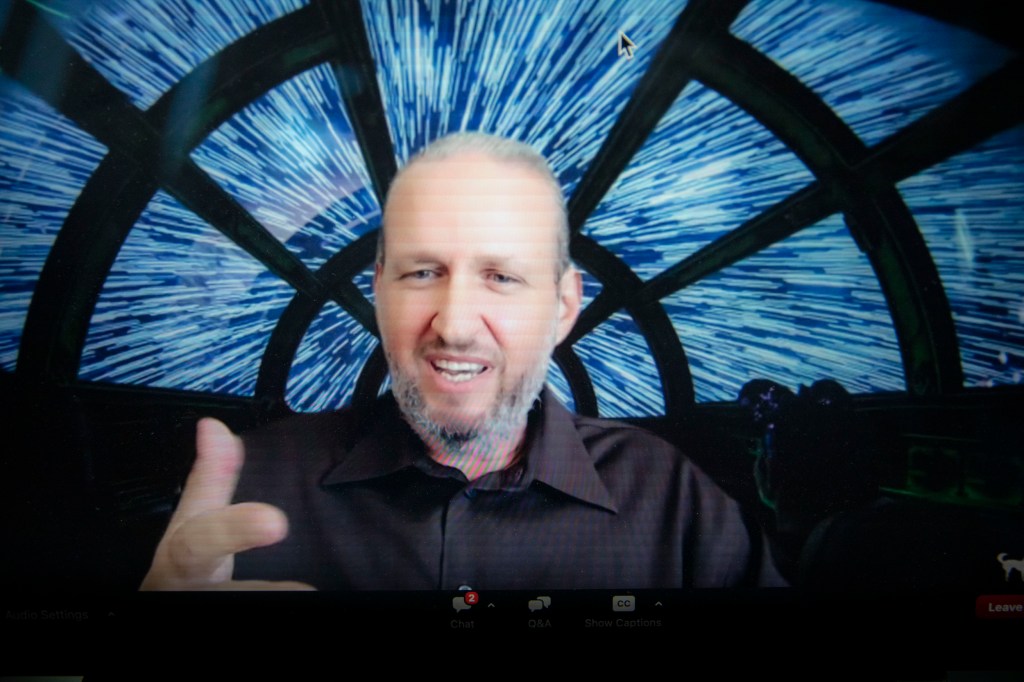
-
Lessons emerge as 7 thirsty states war over Colorado River water
Drought has shrunk the water supply from the Colorado River, but seven states rely on it for at least some of their water.
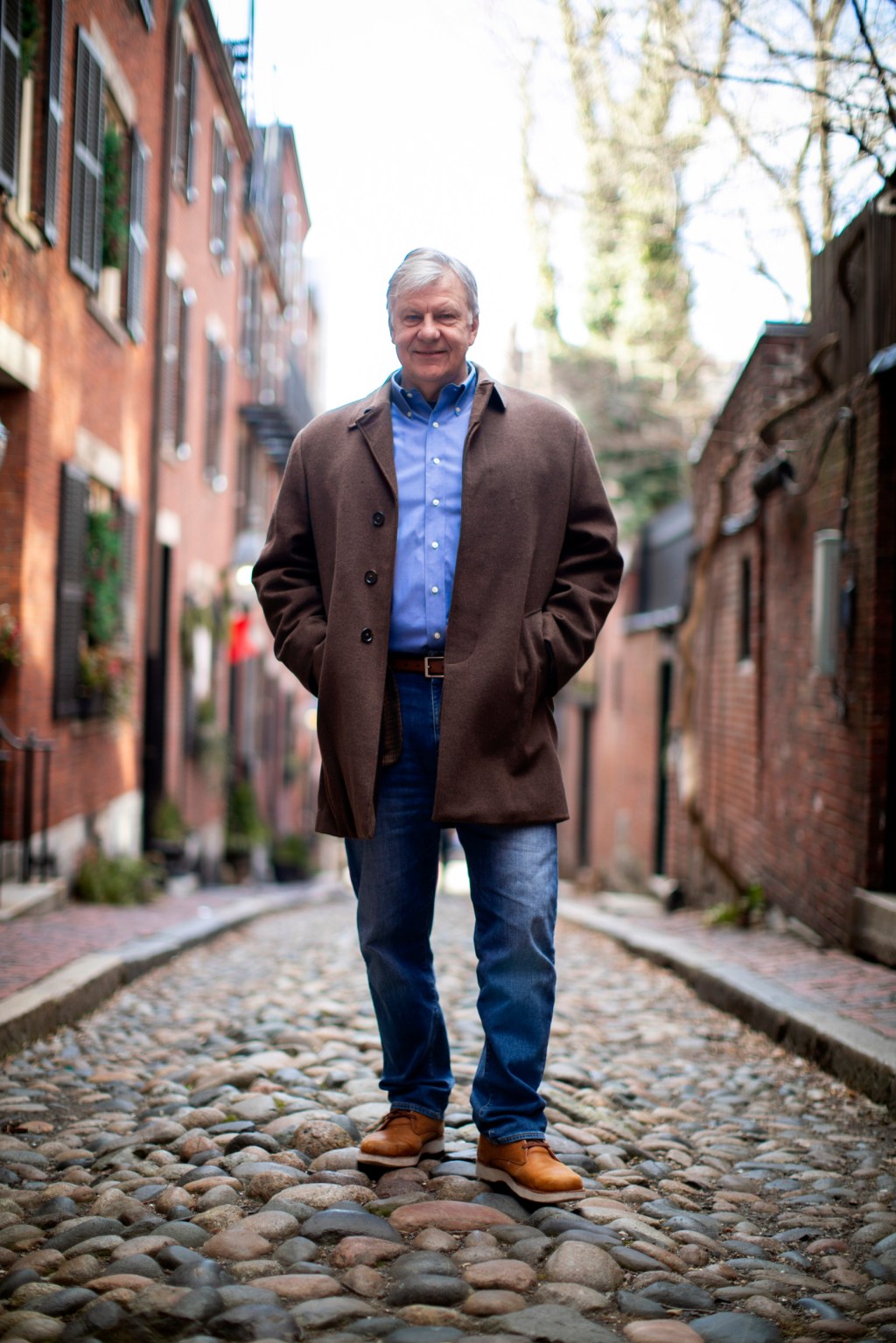
-
Is global tide turning in favor of autocrats?
Kenneth Roth says autocracies are weakening; democracies also face flaw.
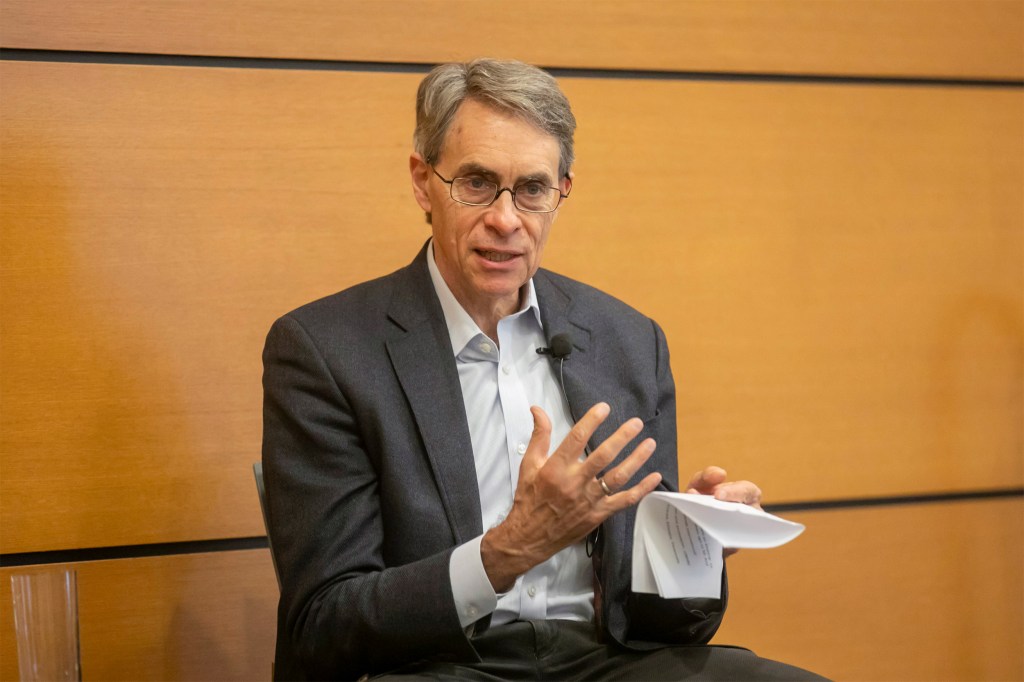
-
Defining moment for longtime allies
Edward P. Djerejian looks at the major concerns surrounding Israel’s new government policies and the Palestinian issue, including what role the U.S. can play in “conflict management.”
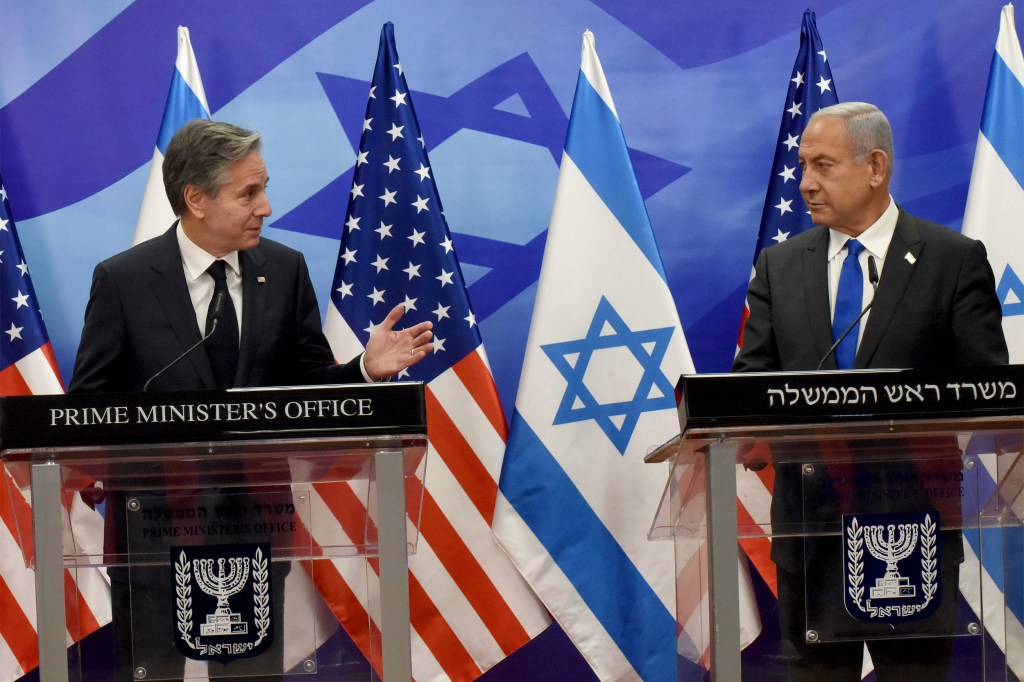
-
Lessons of Roe, 50 years later
Speakers at Radcliffe conference look at divisive, fraught history, predict where legal battles go next.
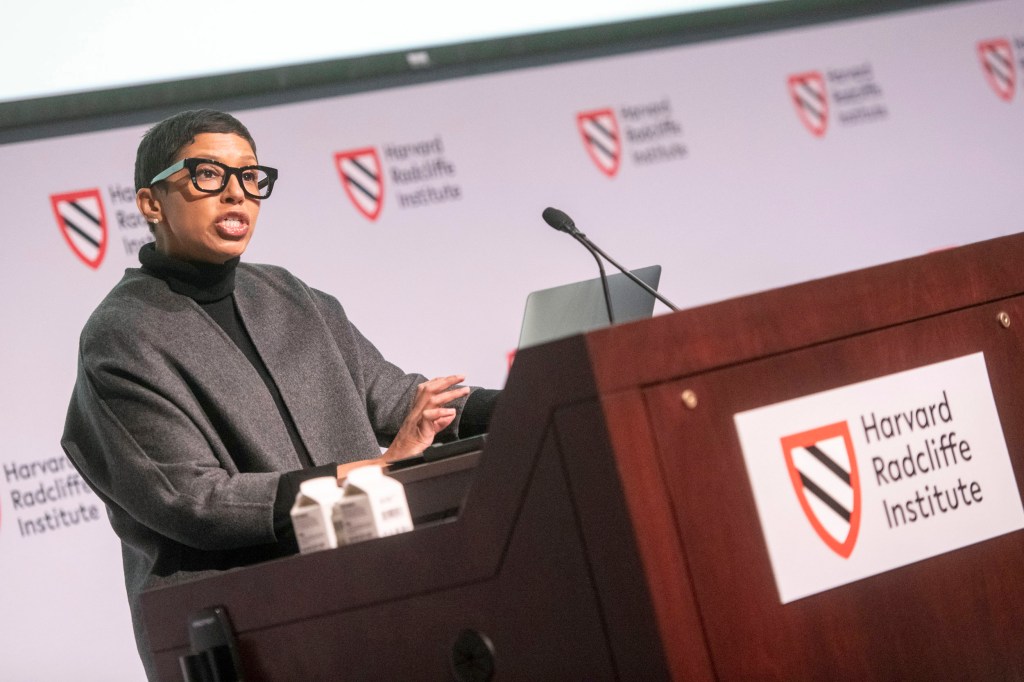
-
How total abortion ban puts maternal health at risk
A new study finds high rates of serious complications among Salvadoran patients who were forced to carry severely malformed fetuses to term.
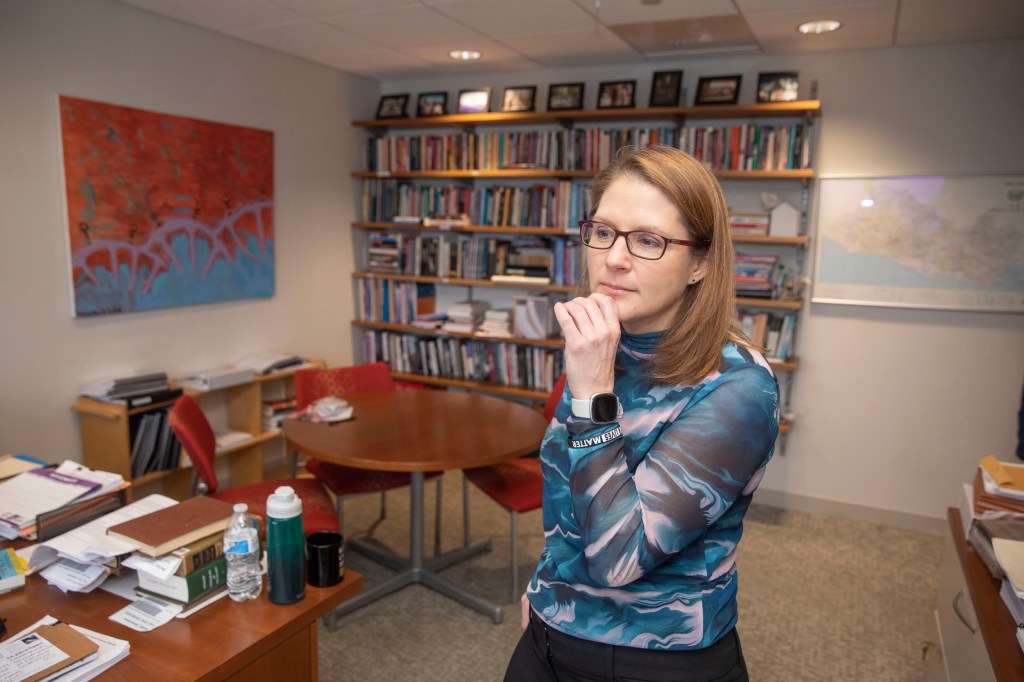
-
They can think, feel pain, love. Isn’t it time animals had rights?
An excerpt from “Justice for Animals: Our Collective Responsibility” by Martha C. Nussbaum, M.A. ’71, Ph.D. ’75.
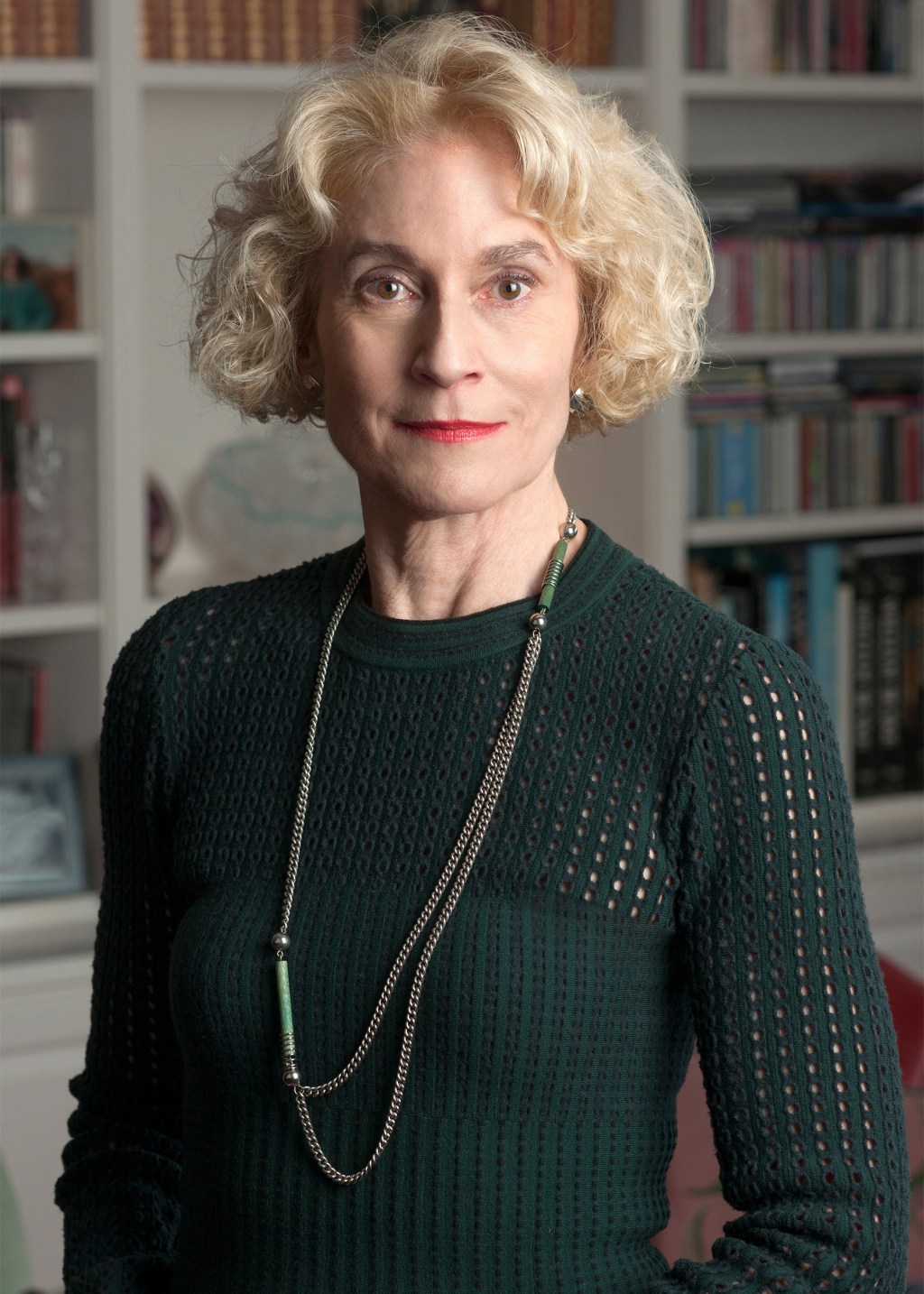
-
Don’t give Russia an inch, former U.S. diplomat says
Marie Yovanovitch makes a case for standing by Ukraine as the war drags on, warning that defeat would embolden Putin and other dictators.
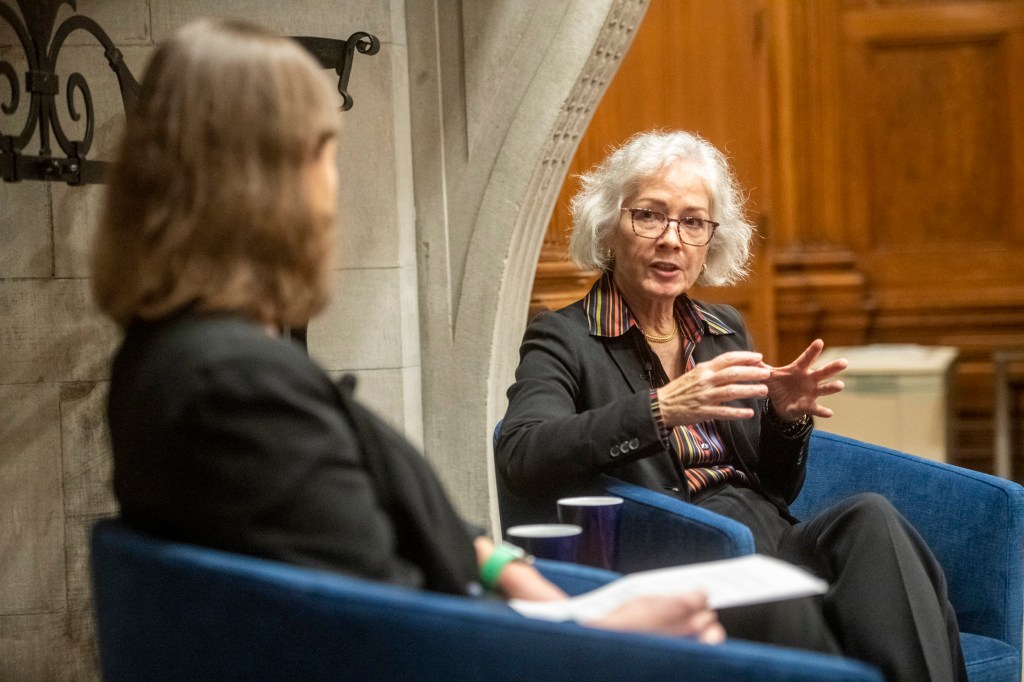
-
Nudging donors toward more effective giving
A study by Harvard psychologists finds that preserving personal charity preferences and offering targeted matching funds help.
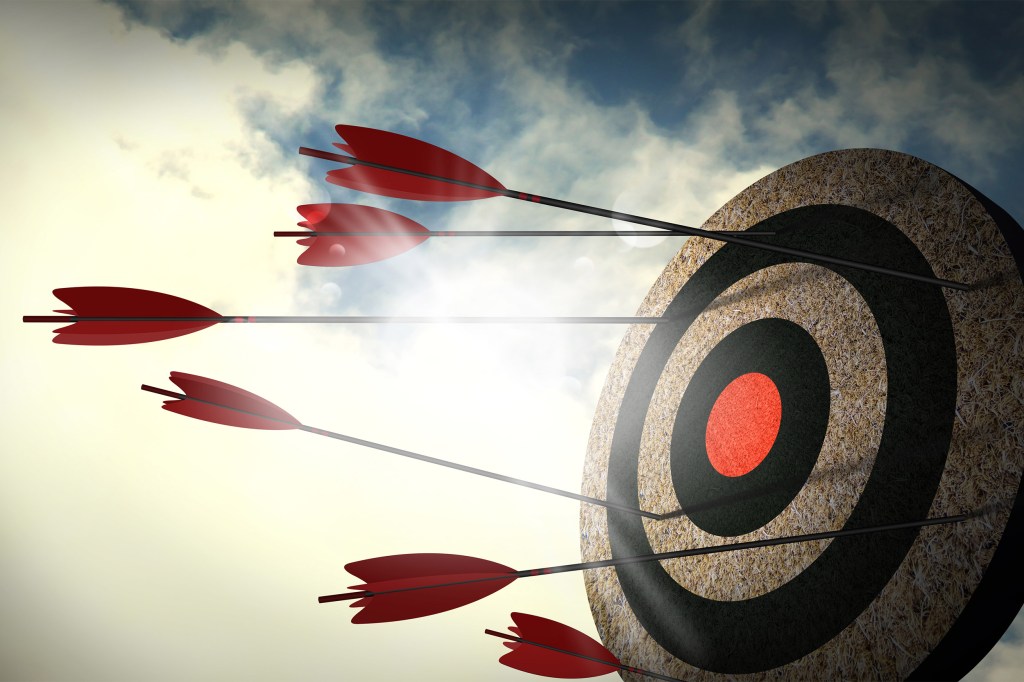
-
Will Trump be charged after House panel’s Jan. 6 report?
Harvard Law School’s W. Neil Eggleston, a veteran of Congressional investigations and the White House Counsel’s office, discusses the Jan. 6 committee’s work.
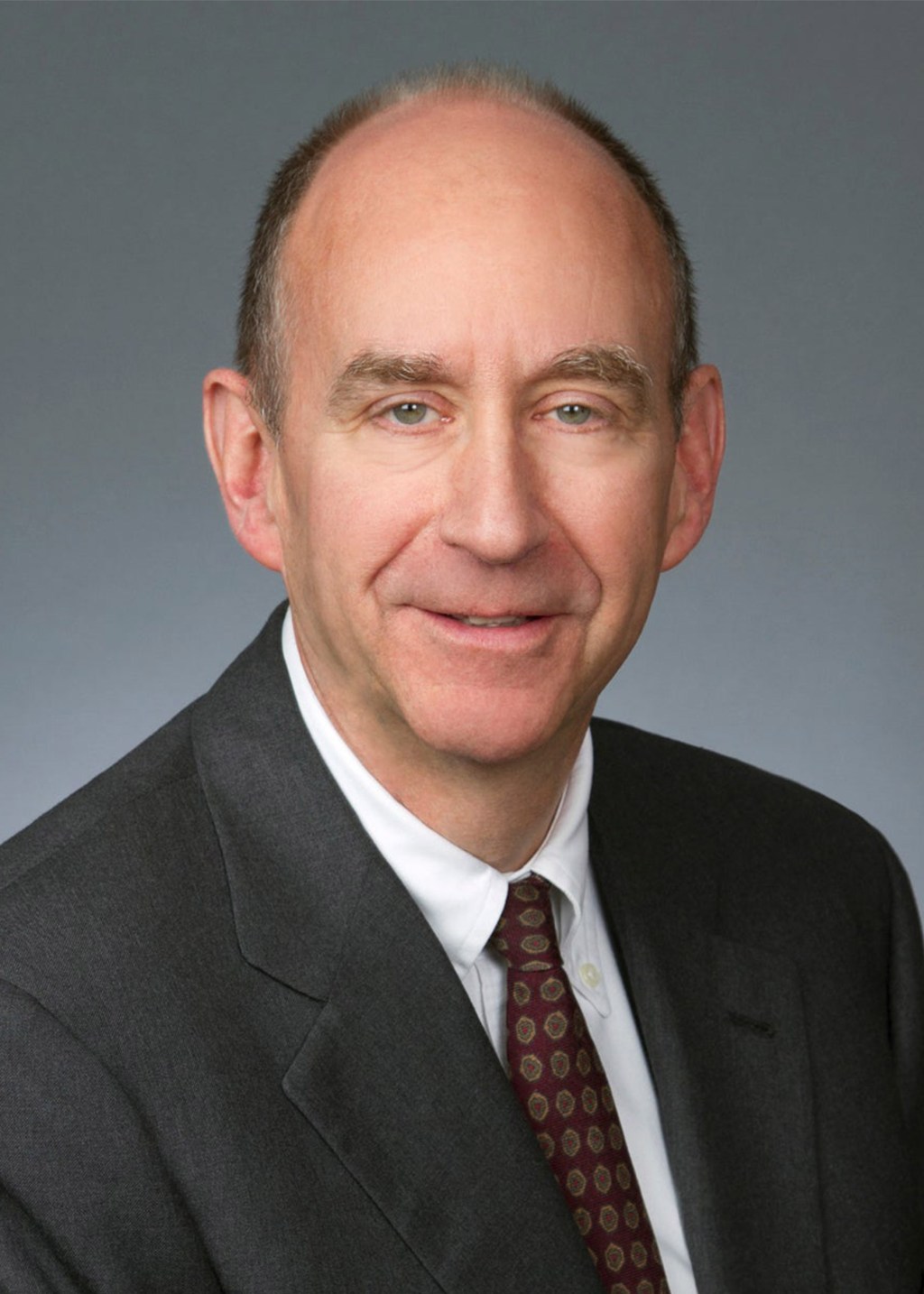
-
What is case for prison abolition?
Professor Tommie Shelby hopes his book helps others who are trying to decide whether they support prison abolition over criminal justice reform.
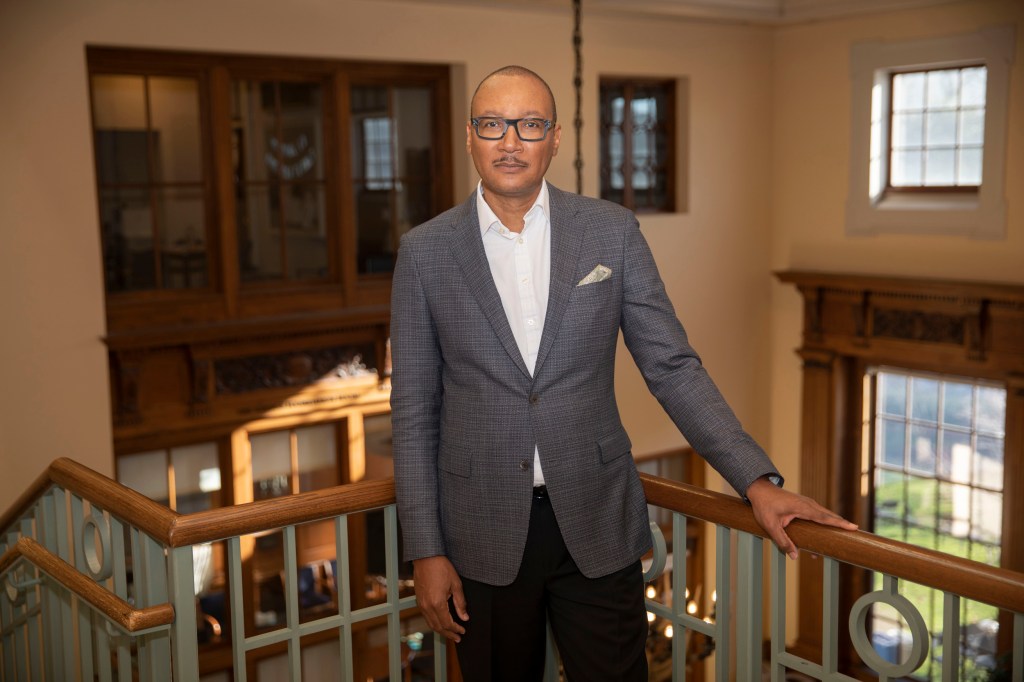
-
Striving for impassioned, but reasoned, post-Roe conversation on abortion
Participants representing complex set of views engage at Edmond & Lily Safra Center for Ethics discussion.
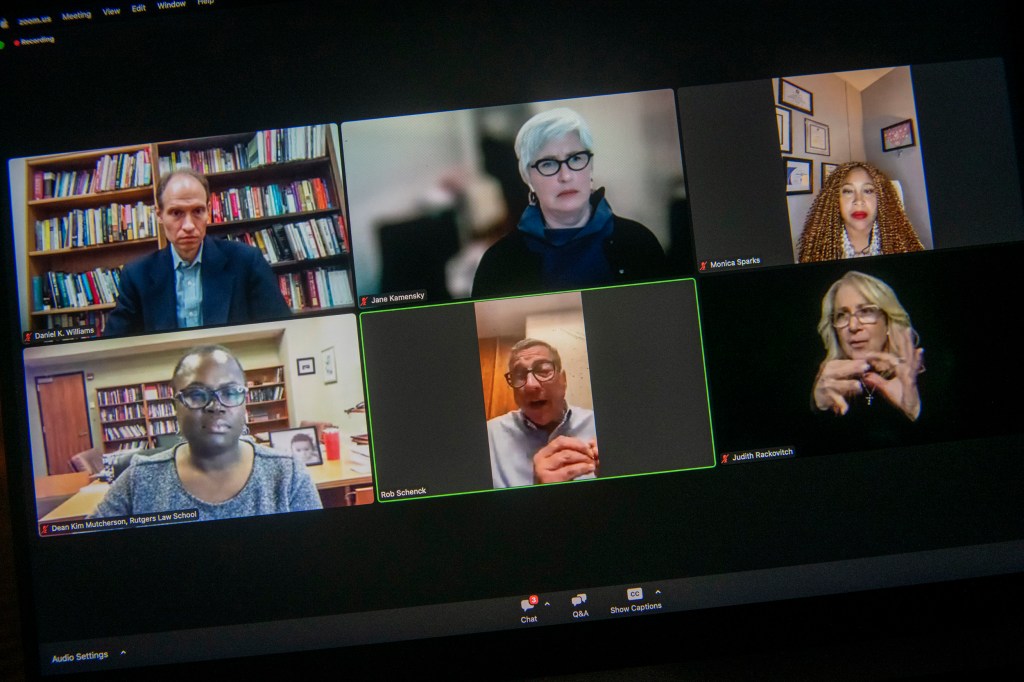
-
Amendments should start with states
U.S. needs to smooth process without lowering high bar for constitutional change, says Stephen Sachs
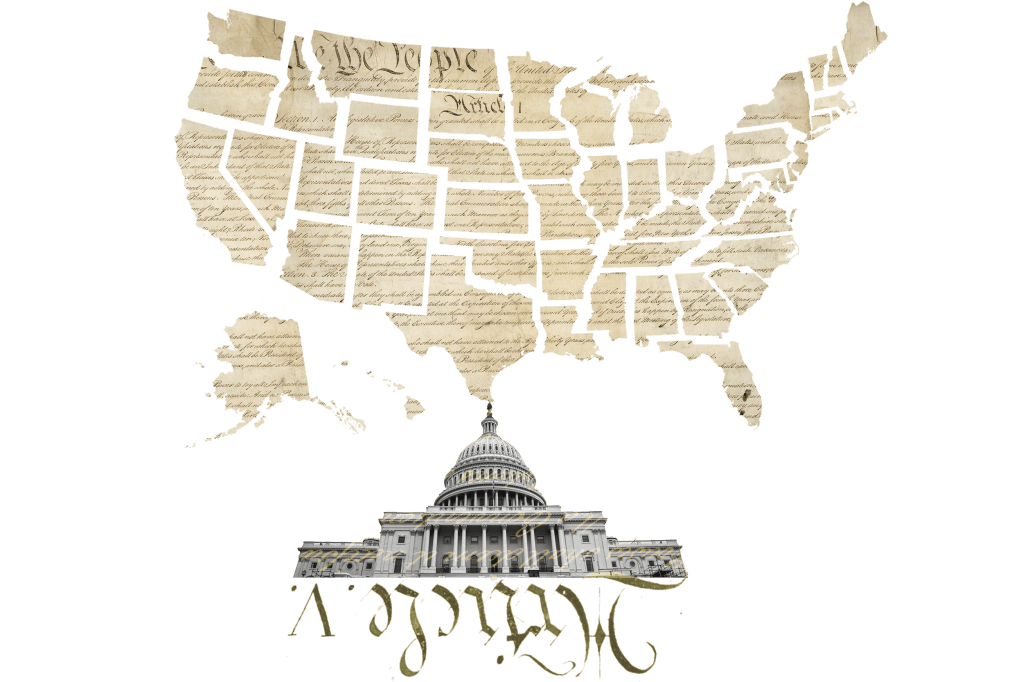
-
Change the Senate
Disproportionate influence of smaller states creates ‘significant democratic deficit,’ Vicki Jackson argues
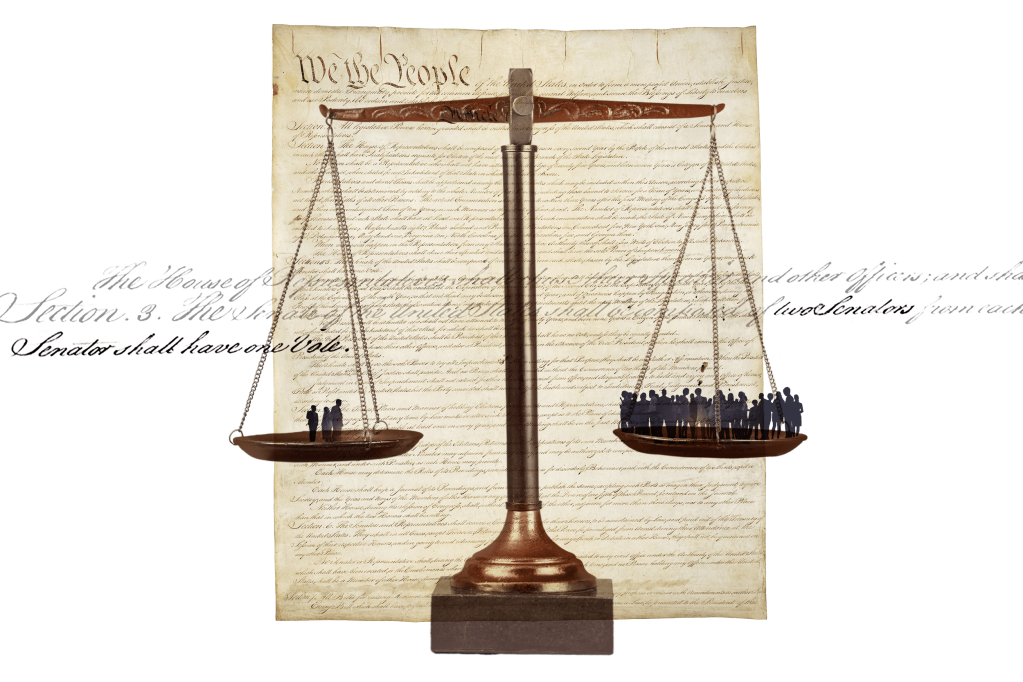
-
How demagogues wield social media
Cognitive scientist details research on the different ways Republicans and Democrats, use Twitter.
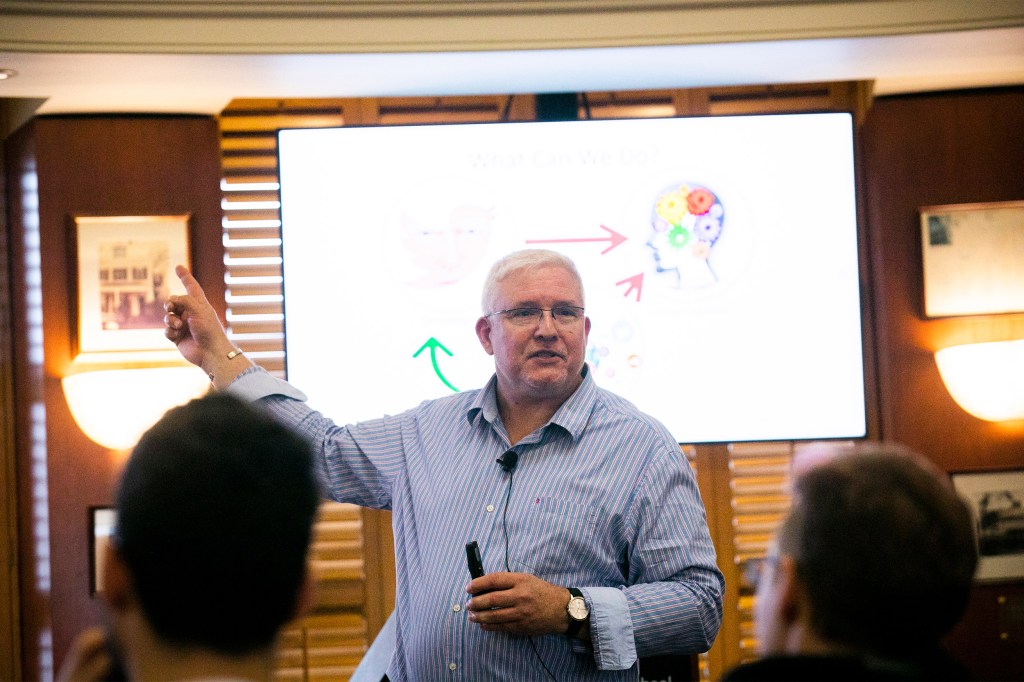
-
Fighting for 9/11 families, first responders, vets
Comedian Jon Stewart, who has done advocacy work on behalf of U.S. military veterans and 9/11 first responders for two decades, spoke about what he’s learned during a talk at Harvard Kennedy School.
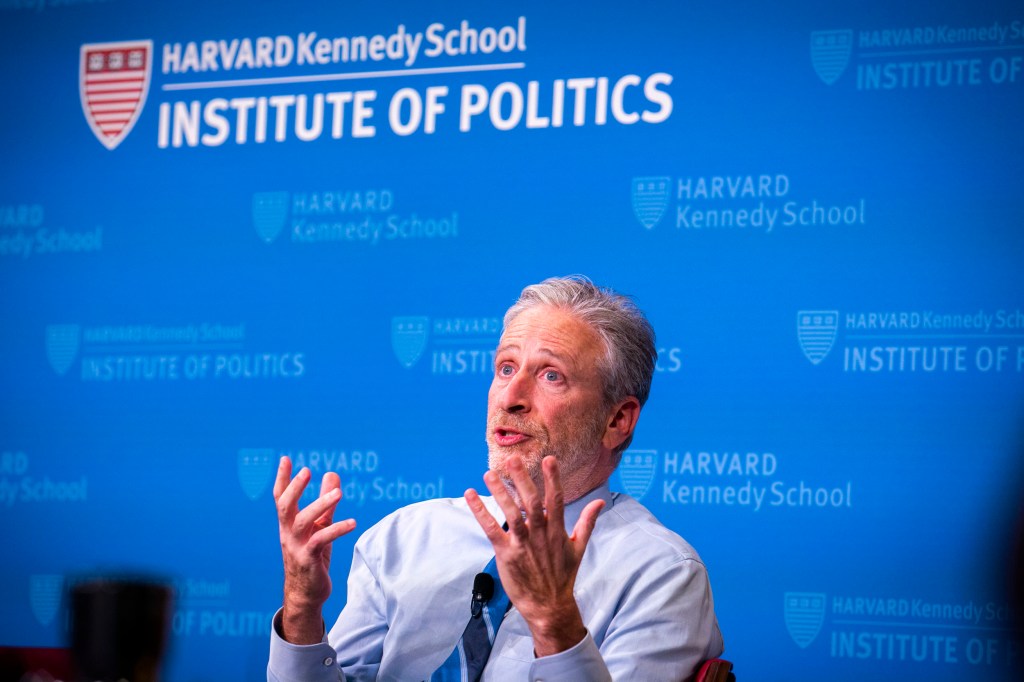
-
Enshrine an affirmative right to vote
Amendment would demonstrate ‘absolute commitment’ to full participation in U.S. democracy, argues Tomiko Brown-Nagin
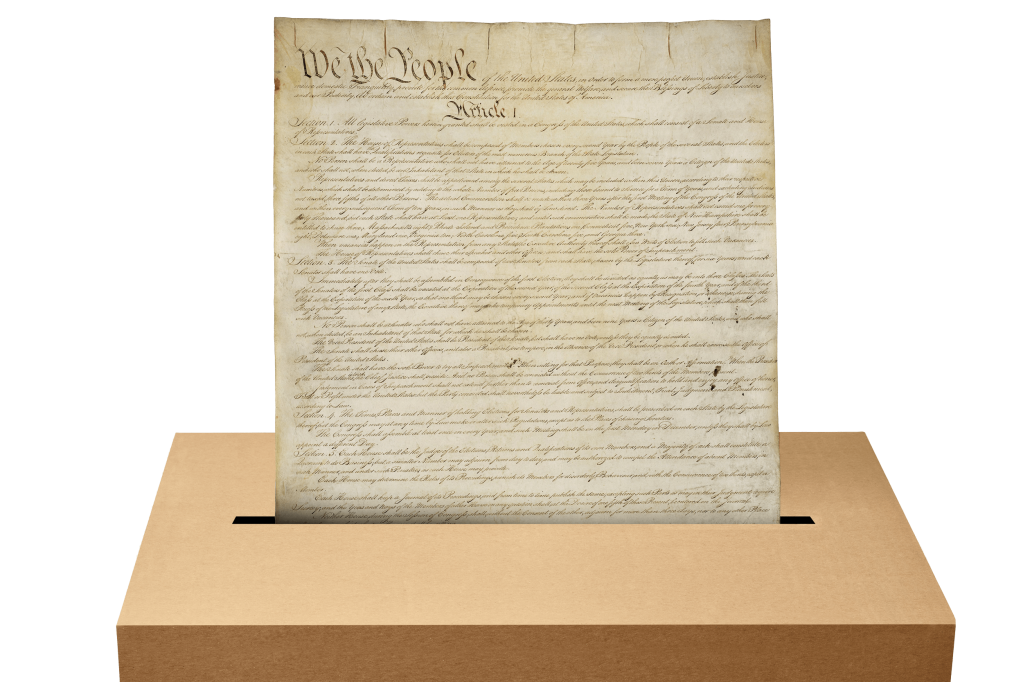
-
Will anything come of Jan. 6 hearings?
Rep. Jamie Raskin, a Harvard Law School and Harvard College alum, previews what the public can expect from the committee in the coming weeks.
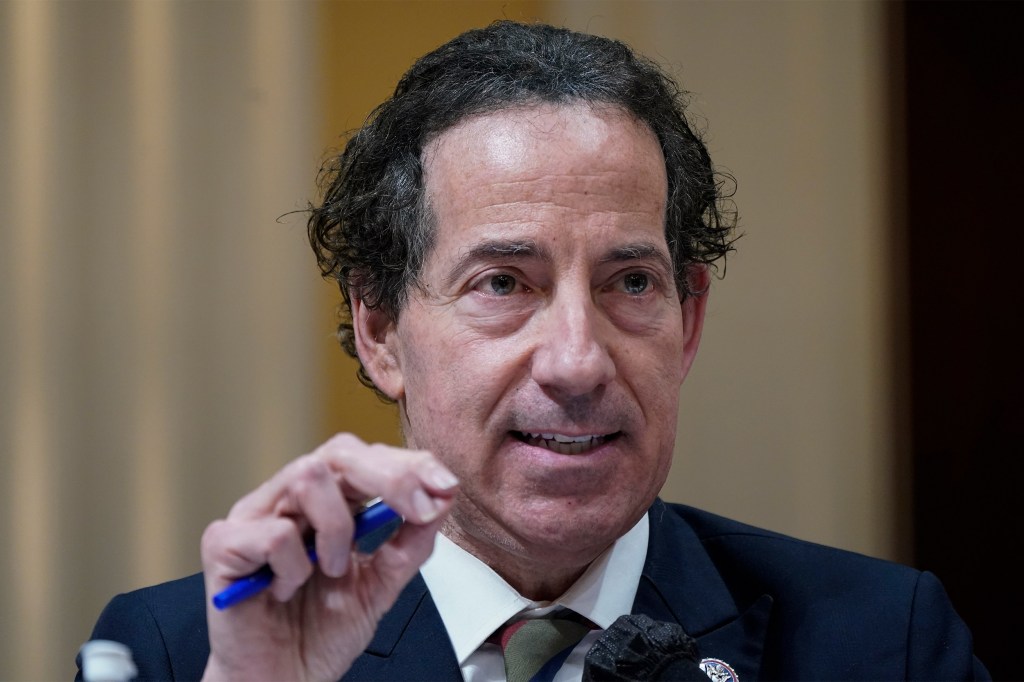
-
Rushing to save her homeland — or at least its story
Harvard bibliographer Olha Aleksic rushes to save her homeland — or at least its story.
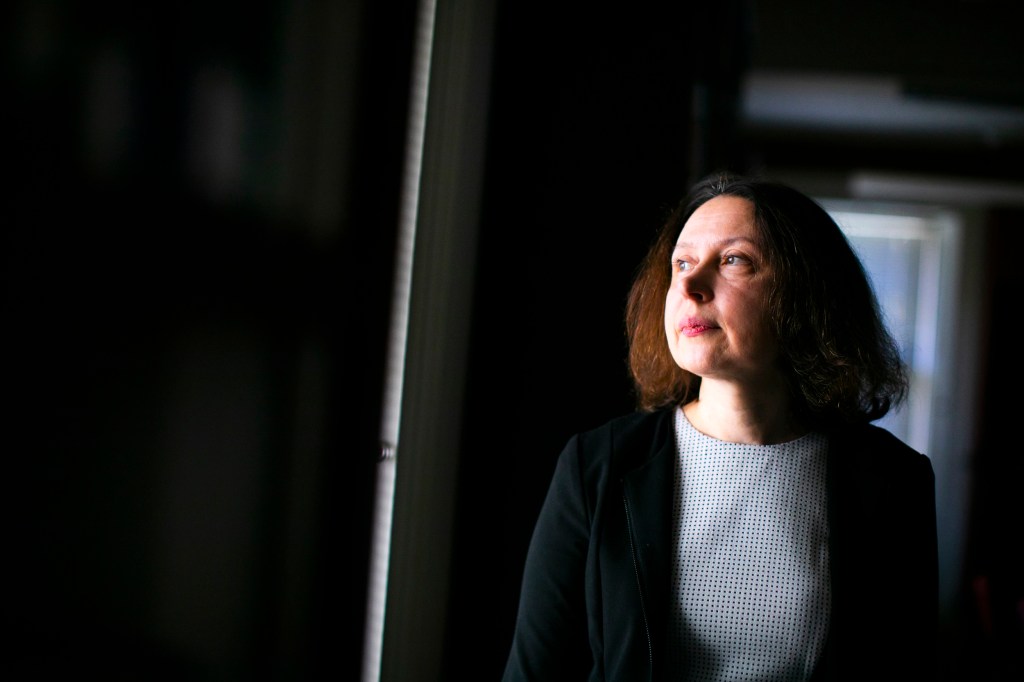
-
Halting rising violence against health care workers
Law School discussion weighs effectiveness of legislation, technology, policies.
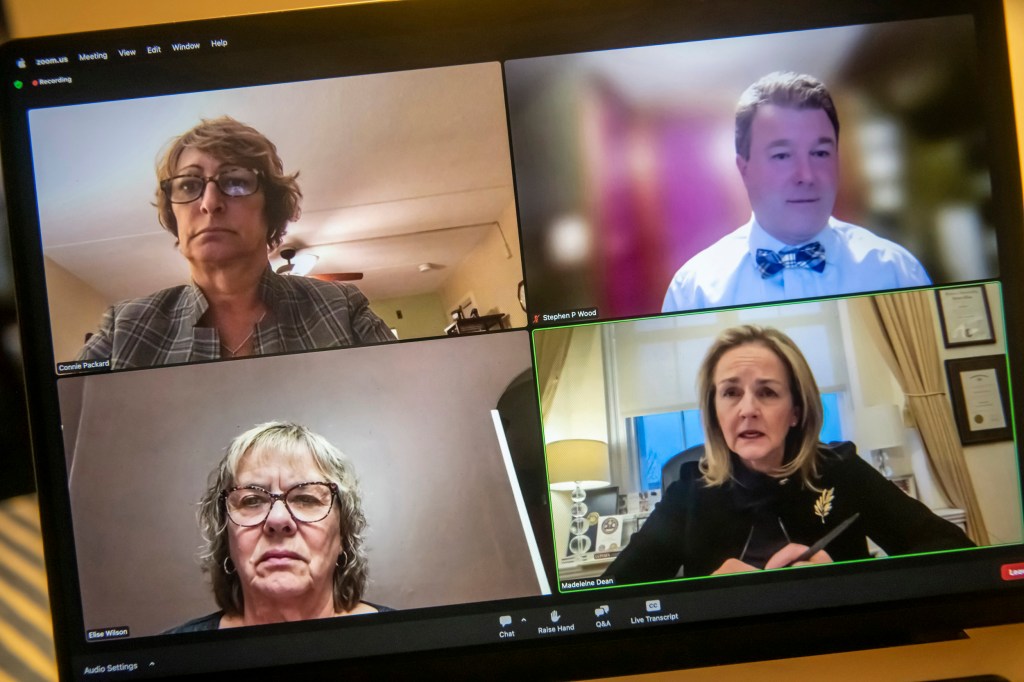
-
A Cup as complex as world
Mideast scholar Cemal Kafadar untangles anti-gay, migrant labor, geopolitical tensions rising as World Cup soccer tournament is set to begin in Arab nation for the first time.
